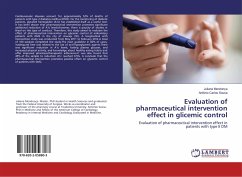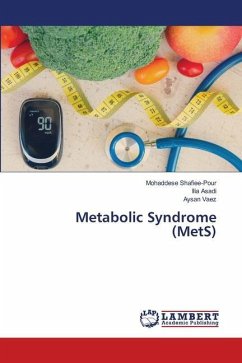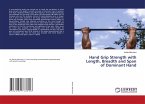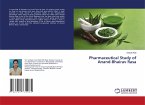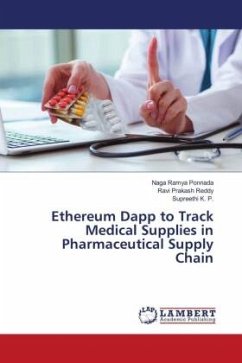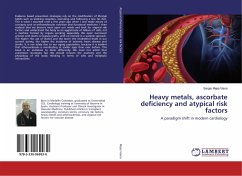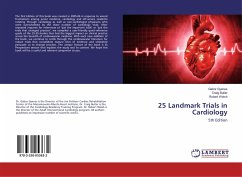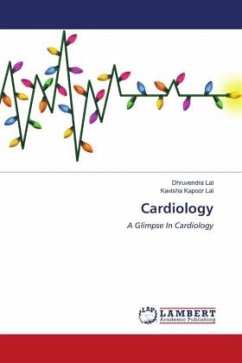Cardiovascular diseases account for approximately 52% of deaths of patients with type 2 diabetes mellitus (DM2). For the monitoring of diabetic patients, glycated hemoglobin (A1c) has established itself as a useful tool. It has been shown that pharmaceutical intervention promotes significant additional reduction of A1c levels.However, there is paucity of studies in Brazil on this type of conduct. Therefore, this study aimed to evaluate the effect of pharmaceutical intervention on glycemic control of ambulatory patients with DM2 in the city of Aracaju (SE). A longitudinal with intervention study was conducted from May 2011 to February 2012.A total of 100 subjects completed the study.The main guideline in 82% of cases, inadequate time was related to the use of oral hypoglycemic agents.There was significant reduction in A1c levels, fasting plasma glucose, and increased physical activity, and knowledge about healthy eating habits and offer improved pharmacotherapeutic adherence.It was also found that 45% of the sample to reduction A1c reached 0.5%. Is conclude that the pharmaceutical intervention promotes positive effect on glycemic control of patients with DM2.
Bitte wählen Sie Ihr Anliegen aus.
Rechnungen
Retourenschein anfordern
Bestellstatus
Storno

